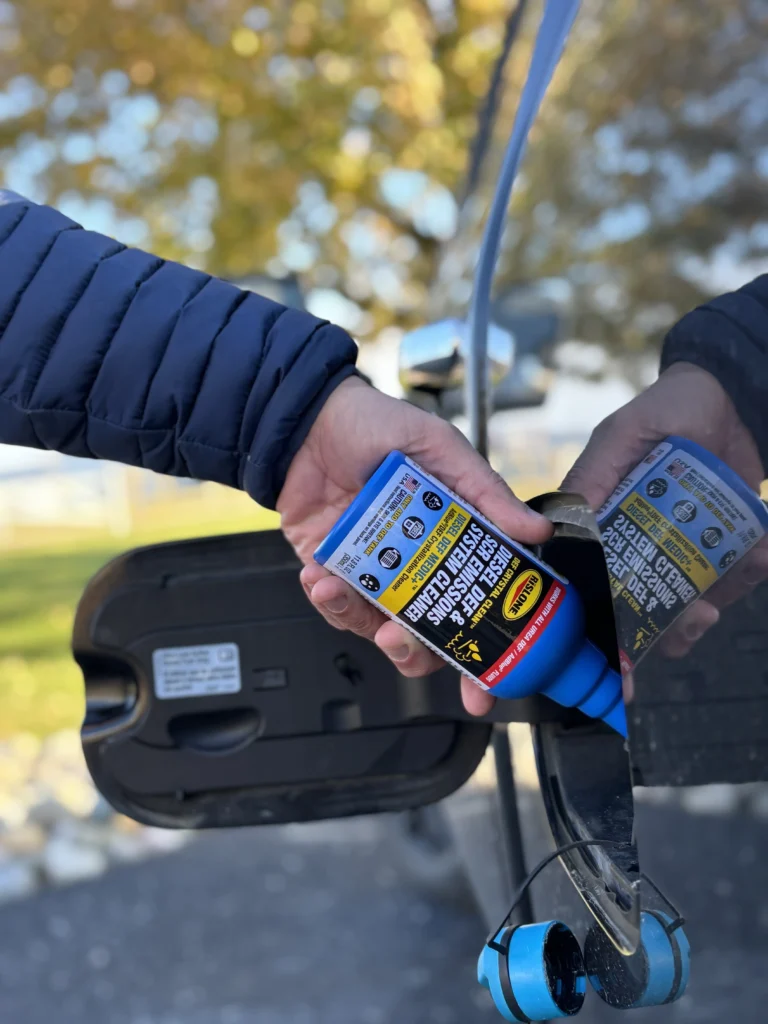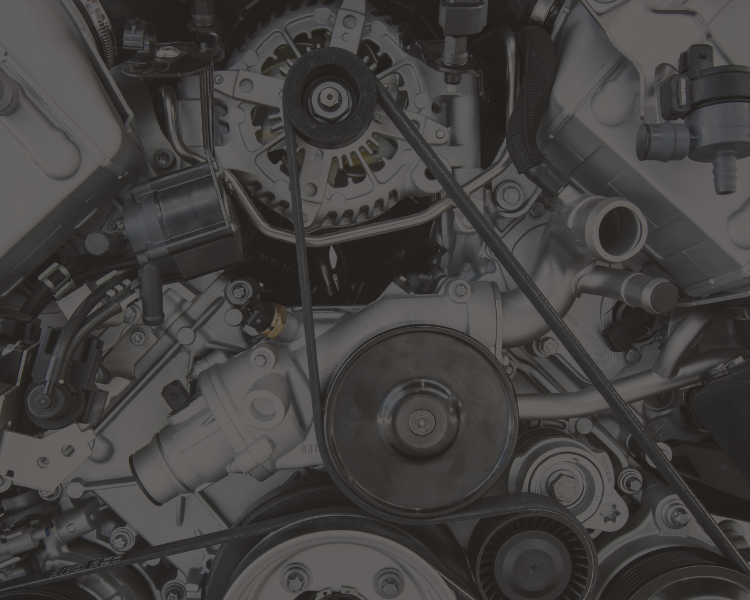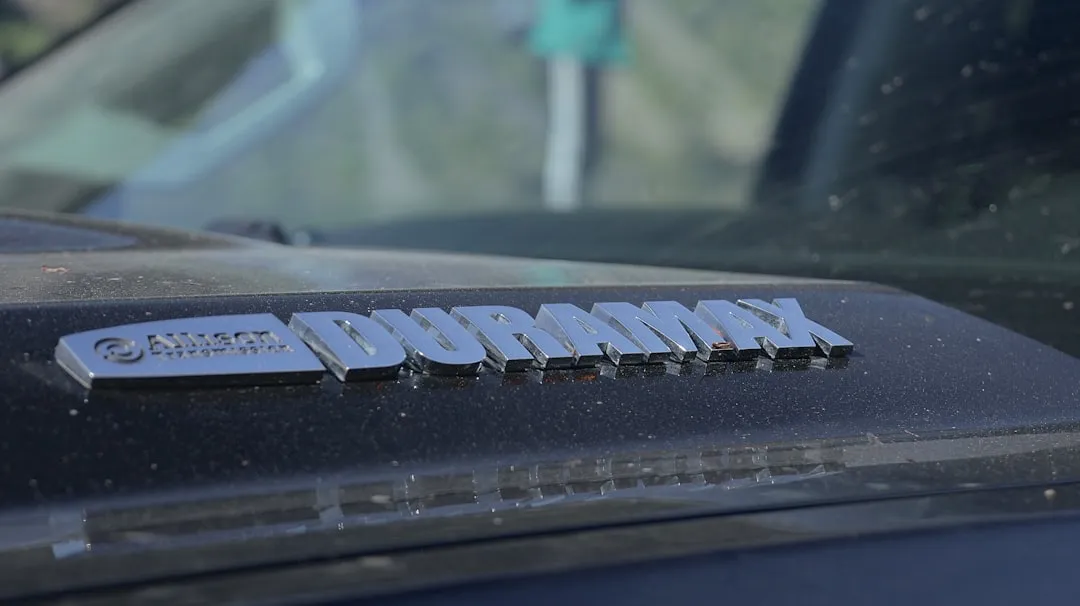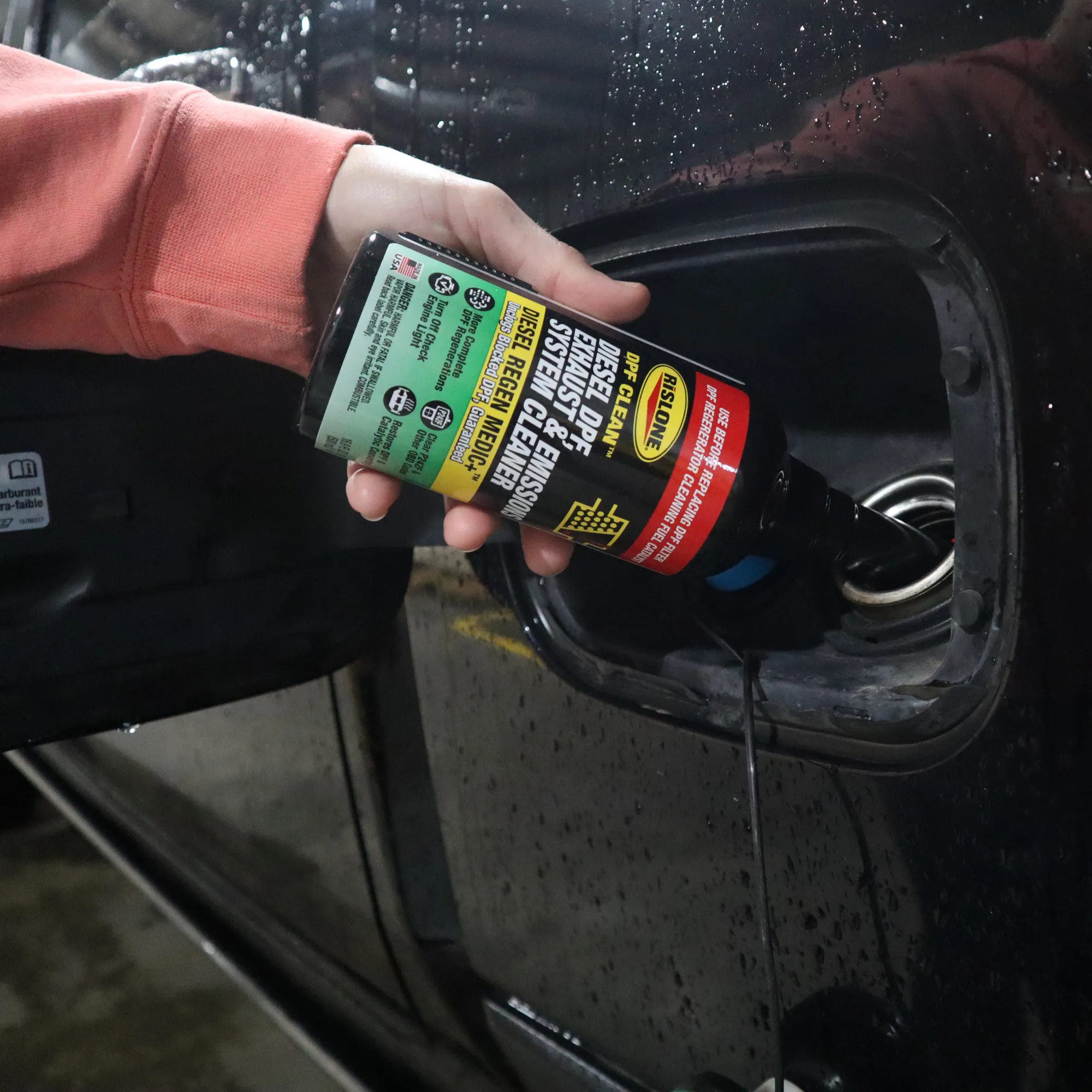The Hard Truth About Diesel Exhaust Fluid (DEF)
Diesel owners obviously know the stakes of running out of fuel, but far fewer realize that losing diesel exhaust fluid can leave them just as stuck. Modern diesel engines don’t treat an empty DEF tank as a suggestion – they can shut you down entirely.
Why DEF Matters More Than You Think
Every newer diesel car, truck, and SUV uses a selective catalytic reduction (SCR) system to meet today’s emissions standards. That system relies on DEF (diesel exhaust fluid), sometimes known as AdBlue®, to convert harmful nitrogen oxides (NOx) in the exhaust into harmless nitrogen and water. No DEF, no conversion. And when the system can’t control emissions, the vehicle takes action.
Manufacturers build in aggressive protections. As DEF levels fall, the vehicle begins dialing back power and fuel economy to push you toward refilling. Ignore it long enough and you’ll hit “limp mode,” where engine output and maximum allowed speed drop sharply. Let the tank hit zero and most modern diesels won’t restart at all until DEF is added.
We know. We’ve talked more than once to customers who have been stranded by this.
How Often You Need to Fill DEF
Most drivers will top off every few thousand miles. The exact number depends on DEF tank size, towing or hauling, city vs. highway driving, and how heavy your right foot is. Nearly all late-model diesels have a dedicated DEF gauge or warning system right on the instrument cluster. When it says you’ve got only a few hundred miles of DEF left, take it seriously. It’s not just a suggestion.
Repeatedly letting the tank run low (or dry) does more than inconvenience you. It can create crystal deposits inside the emissions system, damage sensors and dosing components, and trigger expensive ($1,500+) repairs.
What to Do When You Run Out of DEF
- Fill the DEF tank completely with fresh DEF.
- Add Rislone DEF Crystal Clean® Diesel DEF & SCR Emissions System Cleaner (p/n 4784).
White crystal buildup begins forming whenever DEF dries out inside the pump, lines, or SCR components. Those deposits choke performance, increase fuel consumption, and strain the emissions system. Our Rislone Crystal Clean® dissolves and flushes those deposits while restoring proper DEF flow.
Once you’ve refilled and treated the system, the vehicle needs time to “relearn” what’s happening. Let it idle or drive gently so the dosing pump and sensors can register fresh fluid levels and clear fault warnings. Some vehicles require several minutes of steady operation before the warning lamps disappear. In a few models, the system won’t reset without a dealer scan – meaning a tow if you ran out completely.
The Bottom Line
Running out of DEF can sideline even a healthy diesel. Stay ahead of the gauge, keep fresh DEF on hand, and treat the SCR system when needed to avoid deposits and performance loss. Most diesel owners might not even know what an SCR is, but suffice to say it’s a major source of expensive repairs.
For more ways to protect your diesel, prevent expensive emissions-system repairs, and keep your engine running at its best, visit Rislone.com/diesel-defense.
AdBlue® is a registered trademark of VDA Verband der Automobilindustrie e.V.





